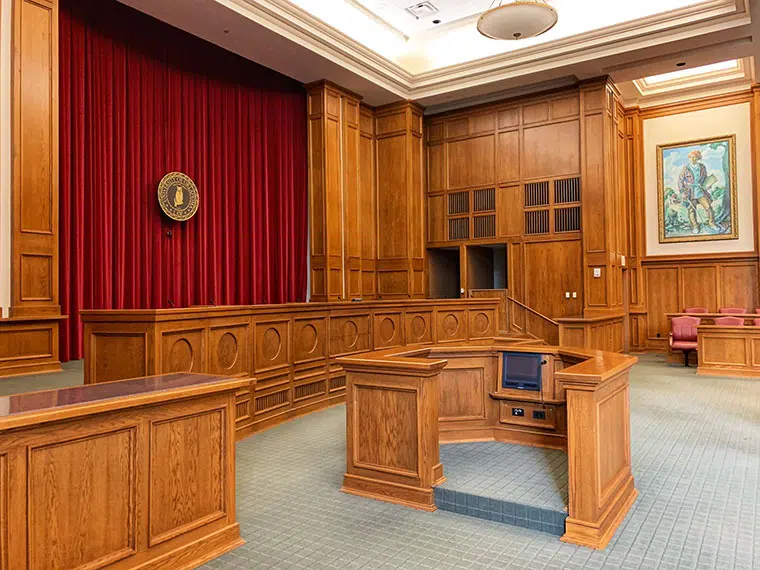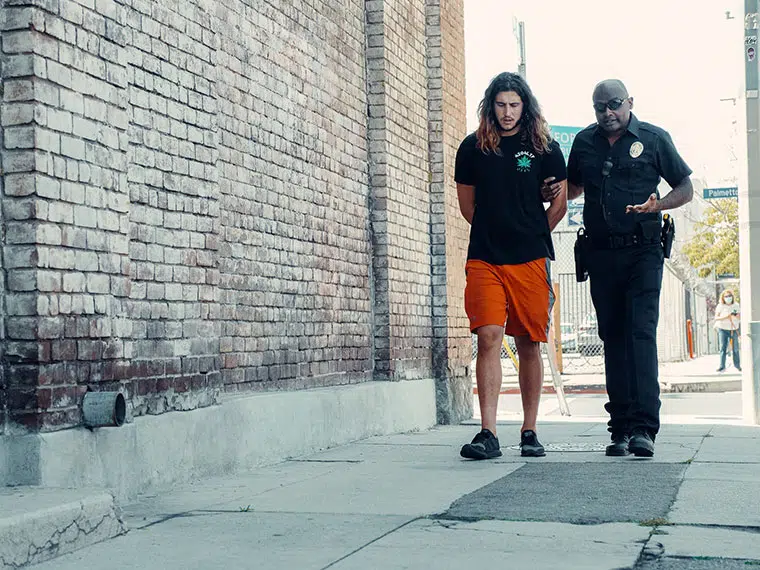Bail 101: Your Guide to Bail in Canada
When a person is arrested and faces a criminal charge, they might need to go to court. They will ask to be freed from custody until their trial. If the court says yes, they will get bail.
Many people in Canada who cannot get bail choose to plead guilty. They want to leave jail quickly, even if the Crown might struggle to prove their case. Staying in jail for several months or years until a trial can hurt your life and future a lot. It can stop your job or school. It also makes it hard and costly to meet your lawyer and take part in your defense.
Bail in Canada is very important for anyone accused of a crime. If you or someone you know has a bail hearing, it’s vital to hire a good criminal lawyer in Toronto.
What is Bail in Canada?
Bail, or “Recognizance of Bail” in Canada, is a court order. It lets a person who is charged with a crime (an “accused”) stay in the community until their case is done.
Everyone in Canada has the right to not be denied bail without a good reason, according to section 11(e) of the Charter of Rights and Freedoms. When combined with the idea that a person is innocent until they say guilty or are proven guilty under section 11(d) of the Charter, bail should be the normal practice and detention should be rare.
However, there are many times when a Crown attorney says no to bail for someone who is accused. A bail hearing will happen with a judge, or a justice of the peace, to see if the Crown’s reasons to deny bail are strong enough. The right Toronto bail lawyer will be ready to address the Crown’s worries. More about that is below.
Because the Crown has to show the court they have enough reason to deny bail, a bail hearing is also called a “show cause” hearing. There are times when the accused must prove they should get bail. This can happen if they were already on bail and got arrested for another crime.
What Happens at a Bail Hearing?
If the police think someone might have done a crime, they will arrest that person. This can happen even if there isn’t a warrant for their arrest in Canada.
They can release the accused right away with a summons to show up in court on a set date and time. They might also hold them for a short time before letting them go. In some cases, they may keep them in custody, often in a jail cell at the police station or courthouse.
If the police do not let the person go, they must take them to court or use a video link to connect them to a court within 24 hours of the arrest. This is required for a bail hearing.
Before the hearing, a prosecutor for the Crown will look at the accused’s file. They will decide if they agree to let the person out on bail or challenge it. The goal is to persuade the judge that the accused should stay in custody. A file usually includes a summary of the case facts made by the investigating officer or officers. It also shows the accused’s criminal history.
Some factors a Crown attorney thinks about when deciding to agree to or fight against bail are:
- The kind of charge and what the person is accused of doing.
- The possible danger to society or to the person the accused is said to have harmed.
- The chance that the accused will show up to court when needed.
- The accused’s past criminal record, including any convictions for breaking bail or probation rules in Canada.
- The chance that the accused will commit another crime if they are released.
- How society would feel about the justice system if the accused were granted bail given the claims made against them.
The defense lawyer for the accused in a bail hearing will usually have a plan about release or bail. This plan will address the worries of the Crown or the court if the accused is set free on bail. That plan will focus on:
- Where the accused will live.
- Where the accused works or goes to school.
- How the accused will keep track of their court dates and be there when needed.
- The accused’s ability and willingness to follow any rules the court gives.
- Any counseling or therapy the accused will take to handle problems like substance abuse and anger management.
- Who can supervise the accused to make sure they follow their bail rules, do not break laws, and appear in court when they need to. This includes someone who can act as a support person if required (more information below).
The judge will give bail if they feel sure that the accused will show up in court. They must follow the rules and not break any laws or harm the community. Also, they must think that the public will still trust the justice system if the accused is released, based on the details of the case.
To keep the community safe, a judge or justice of the peace may give bail with rules. The accused must follow these rules. If they don’t, they could be arrested again and face new charges. These rules can include:
- A curfew.
- A rule against drinking or using drugs.
- A rule not to reach out to their co-accused.
To reduce the risks to the community, the court will often grant bail. This happens when the accused has a friend or family member to help.
What is a Surety?
A surety is a person who agrees to monitor the accused. They take on these tasks:
- Ensuring the accused appears in court on the set dates.
- Watching the accused to confirm they follow all bail rules and avoid committing crimes.
- Notifying the police if the accused breaks any rules.
The surety also agrees to pay a certain amount of money decided by the court if the accused breaks their bail order. To be a surety, a person must:
- Know the person who is accused.
- Be over 18 years old.
- Be a Canadian citizen or have landed status in Canada.
- Not be involved with the case.
- Own some property like a home, car, or other investments.
If a person accused of a crime doesn’t know anyone who can help them, they might be able to use a bail program if the courthouse has one. Bail programs have rules about who they take in and provide supervision for the accused instead of a guarantor.


